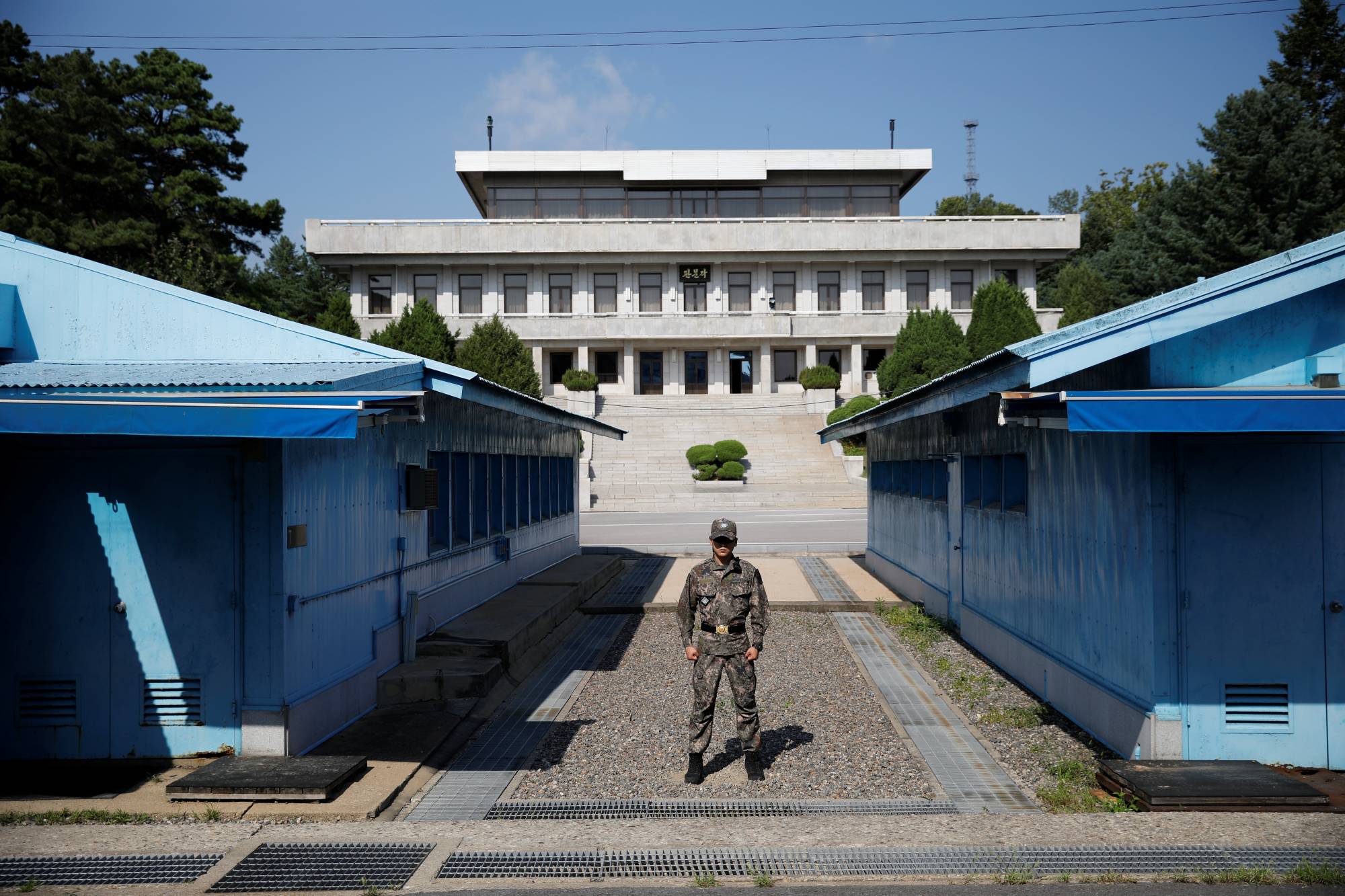South Korean textbooks describe the Korean War as the tragedy of fratricide. Countless families have been split along the 38th parallel and widely broadcast reunions of these separated families serve as a regular reminder that the two Koreas indeed share blood ties. Ethics classes during elementary and middle school frame the matter of reunification as an ethical imperative.
Abiding by a constitution that “aspires to peaceful reunification,” progressive regimes have pursued rapprochement with the “fraternal” North. Former President Kim Dae-jung became the first Korean Nobel Peace Prize laureate for his contribution to detente on the peninsula by staging the first inter-Korean summit in 2000.
His successor, Roh Moo-hyun, represented continuity in advancing the “Sunshine Policy” that enticed the North into tighter economic cooperation and dialogues through humanitarian aid. Following a decade of conservative rule, incumbent President Moon Jae-in from the ruling Democratic Party made history by arranging out three inter-Korean summits in 2018.

















With your current subscription plan you can comment on stories. However, before writing your first comment, please create a display name in the Profile section of your subscriber account page.